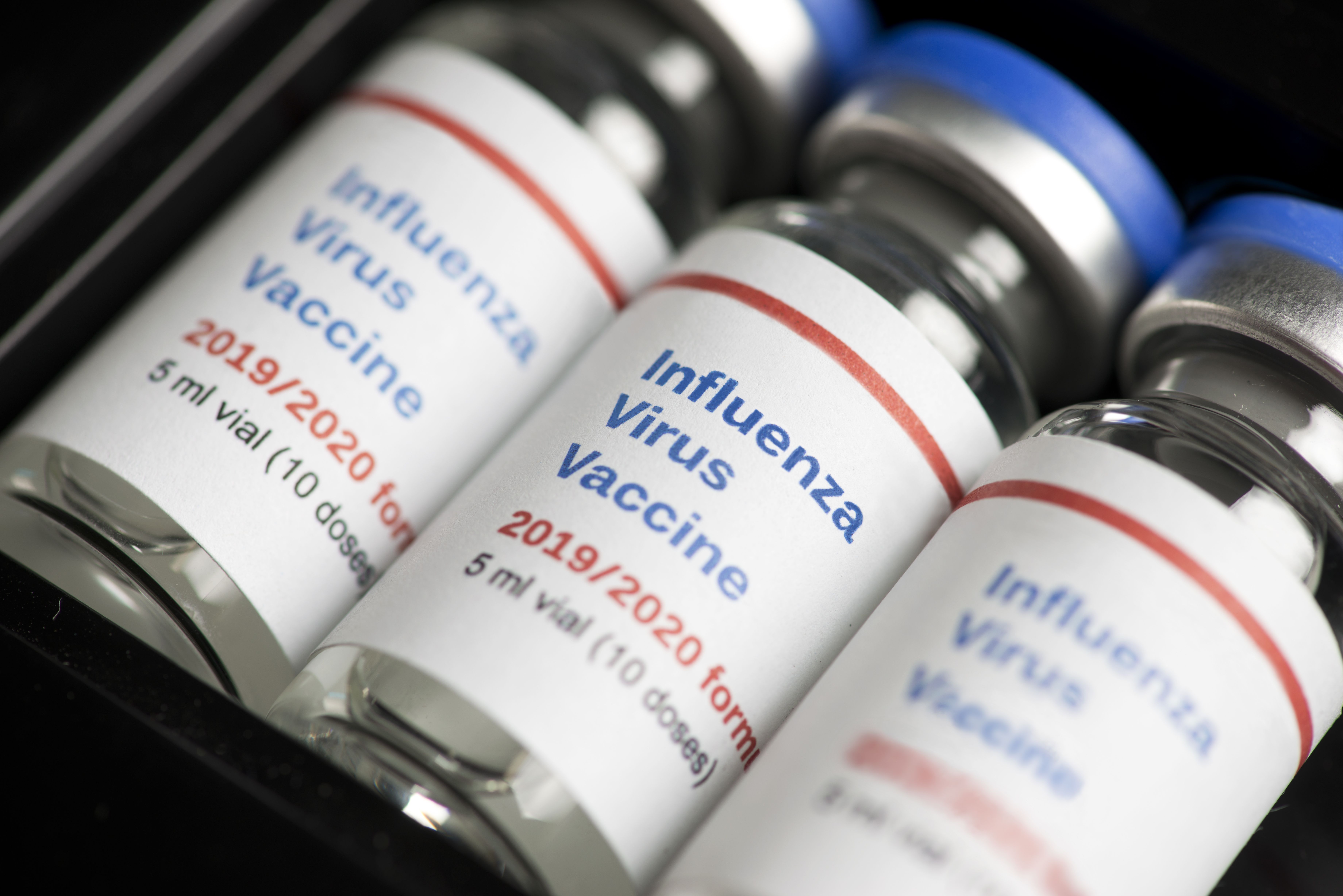Influenza Responsible for Nearly 300k Heart Disease Deaths Per Year Globally

An analysis of linked data from vital registration systems in 10 countries is providing insight into the impactful of influenza on deaths from ischemic heart disease on a global level.
Results of the analysis, which included data from 13.2 million ischemic heart diagnoses in adults aged 50 years or older from 2010-2019, indicated the population-attributed fraction of influenza for ischemic heart disease deaths was nearly 4%, with influenza responsible for more than 275,000 instances of ischemic heart disease mortality per year during the study period.
“Our study suggests that if there were no influenza, an average of 4% of IHD deaths globally would not occur. Estimates of influenza vaccination program impact on IHD mortality should be conducted to help understand the full public health value of influenza vaccination. Our study supports clinical practice guidelines recommending influenza vaccination as an important component IHD to preventive care.”
With data dating back decades linking influenza epidemic to increased incidence of cardiovascular deaths, but much less evidence related to specific associations of influenza activity and ischemic heart disease a team from the University of Washington and University of Copenhagen launched the current study to contribute to the existing knowledge base using contemporary data. With collaborative funding from Sanofi Vaccines, the current study was designed as an analysis of linked registry data recorded between 2010-2019 from Brazil, Chile, China, Denmark, Guatemala, Italy, New Zealand, Mexico, South Africa, and the United States. Leveraging this data with investigators planned to use nonlinear meta-regression framework to describe the relationship between influenza activity and ischemic heart disease as well as estimating the population attributable fraction (PAF) of influenza for ischemic heart disease deaths.
Results of the investigators’ regression analyses demonstrated a significant increase in ischemic heart disease mortality related to increasing influenza activity, with the main effect observed during the same week of exposure and no evidence of temporal delays in effects or mortality displacement. When assessing PAF for influenza, results indicated the annual mean PAF globally was 3.9% (95% UI, 2.5-5.3%), with country-specific mean PAF ranging from less than 1% and up to 8%.
Further analysis suggested the mean number of ischemic heart disease deaths attributable to influenza activity per year from 2010-2019 was 299,858 (95% UI, 191,216-406,809) or 18.4 (95% UI, 11.8-25) deaths per 100,000 adults aged 50 years or older. Investigators pointed out the incidence of ischemic heart disease deaths attributable to influenza activity increased by age, with a yearly mean of 165,955 (95% CI, 105,828-221,145) occurring in those aged 75 years or older, 70,032 (95% CI, 44,659-95,010) in those aged 65-74 years, and 63,870 (95% CI, 40,729-86,653) in the age 50-64 years.
“Influenza virus infection is an important trigger for cardiac events and may be responsible for 3–5% of ischemic heart disease deaths, annually. Ischemic heart disease is the leading cause of global mortality. If influenza exposure could be removed, a substantial number of ischemic heart disease deaths would be prevented,” investigators added. “Policymakers should consider the benefit of influenza vaccination, especially in people at risk for cardiovascular events and complications.”
This study, “Global, regional and national estimates of influenza-attributable ischemic heart disease mortality,” was published in The Lancet eClinical Medicine.